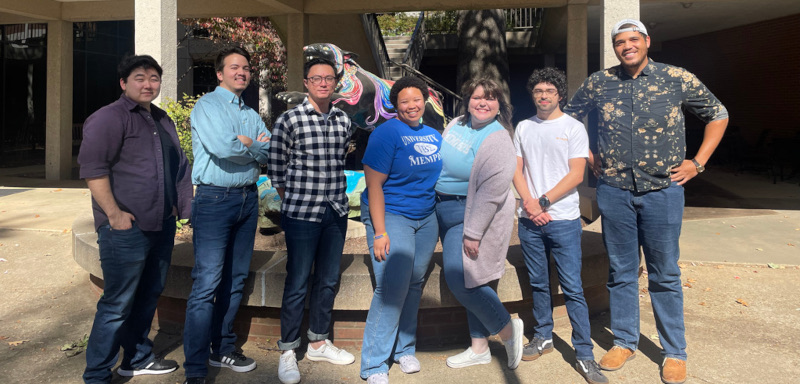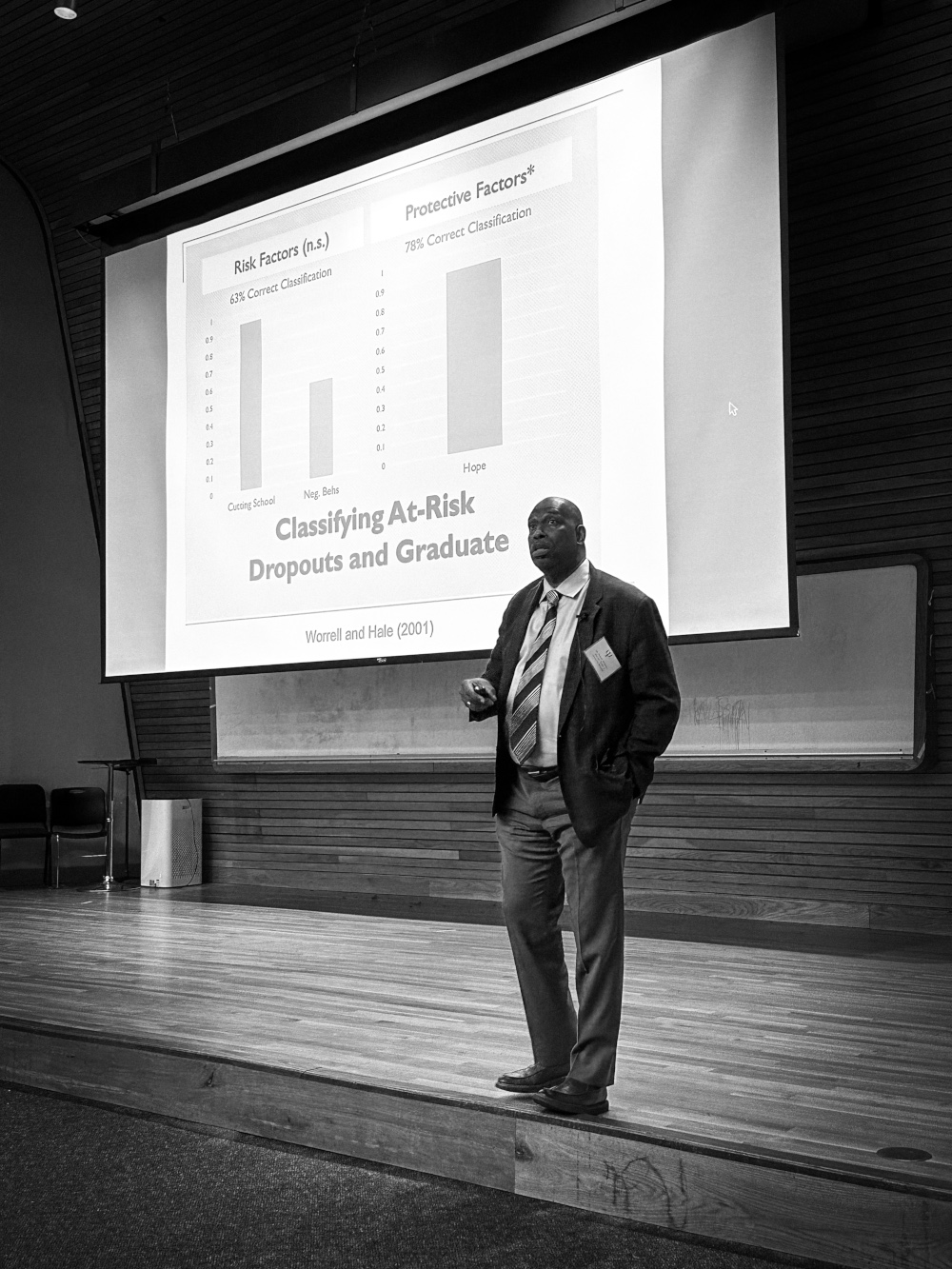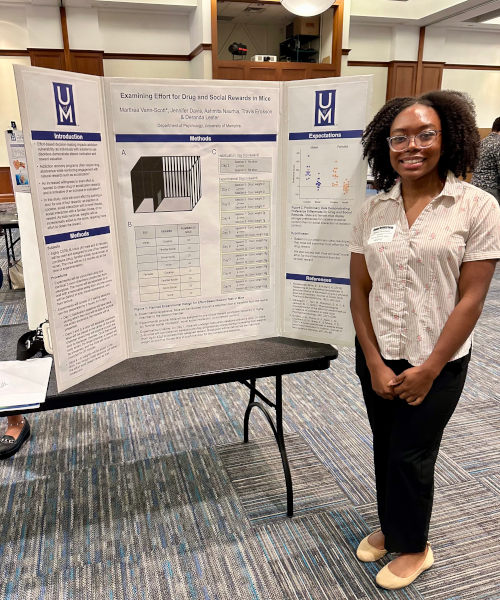Department of Psychology
MSGP Program

Gina M. Caucci, Ph.D.
Associate Professor of Teaching | MSGP Program Director
901.678.2579 (telephone)
gcaucci@memphis.edu
About the Program
The Master of Science in General Psychology (MSGP) program was developed in 1981 to offer general training in the psychological sciences. It is a research-intensive program aimed at providing post-graduate training to students wishing to explore an advanced degree program or to explore an advanced career path in psychology. Many students go on to doctoral study following the MSGP program.
The University of Memphis has been named a Carnegie R1institution putting us in the top tier of research universities nationally. See here to learn more about our R1 status and how attending an R1 university benefits you!
Program Goals
With our emphasis on flexibility, experiential learning, and individualized mentorship, we strive to equip our graduates with the skills and knowledge needed to succeed in diverse career paths. Specifically, our program is designed with the following key goals in mind:
- Selection of Specialty Study in Psychology. The MSGP program offers students an opportunity to explore various facets of psychology. We aim to assist students in discovering their passion and selecting a specific area of concentration. This focused approach serves as a solid foundation for their future applications to Ph.D. programs.
- Opportunity to Enhance Academic Record. For students who possess above-average academic abilities, the MSGP program offers the opportunity to improve their chances of going into a PhD program through rigorous coursework, professional development, and research experiences.
- Training to Function at the Masters Level. Our program also serves to prepare students for master's level positions in various professional domains within psychology.
- Improvement of Current Job Prospects. For some students, the MSGP program can help to advance their current career outcomes. Whether passionate about research or not, our program has options to help students move up in their own careers.
We are committed to providing a supportive and enriching environment that empowers students to achieve their academic and professional goals.
Is the MSGP program right for me?
If you have strong academic credentials but require additional research training and coursework to qualify for a PhD program, or if you understand the benefits of an advanced degree for improving your current job prospects, then this program could be the right fit for you!
(The MSGP program is not suitable for students who are seeking licensure. If you are interested in becoming licensed at the master's level, applicants may want to explore the counseling programs in the College of Education!)
 Marthea Vann-Scott presenting her poster
Marthea Vann-Scott presenting her posterat the UM Student Research Forum.
Mentor: Dr. Deranda Lester
